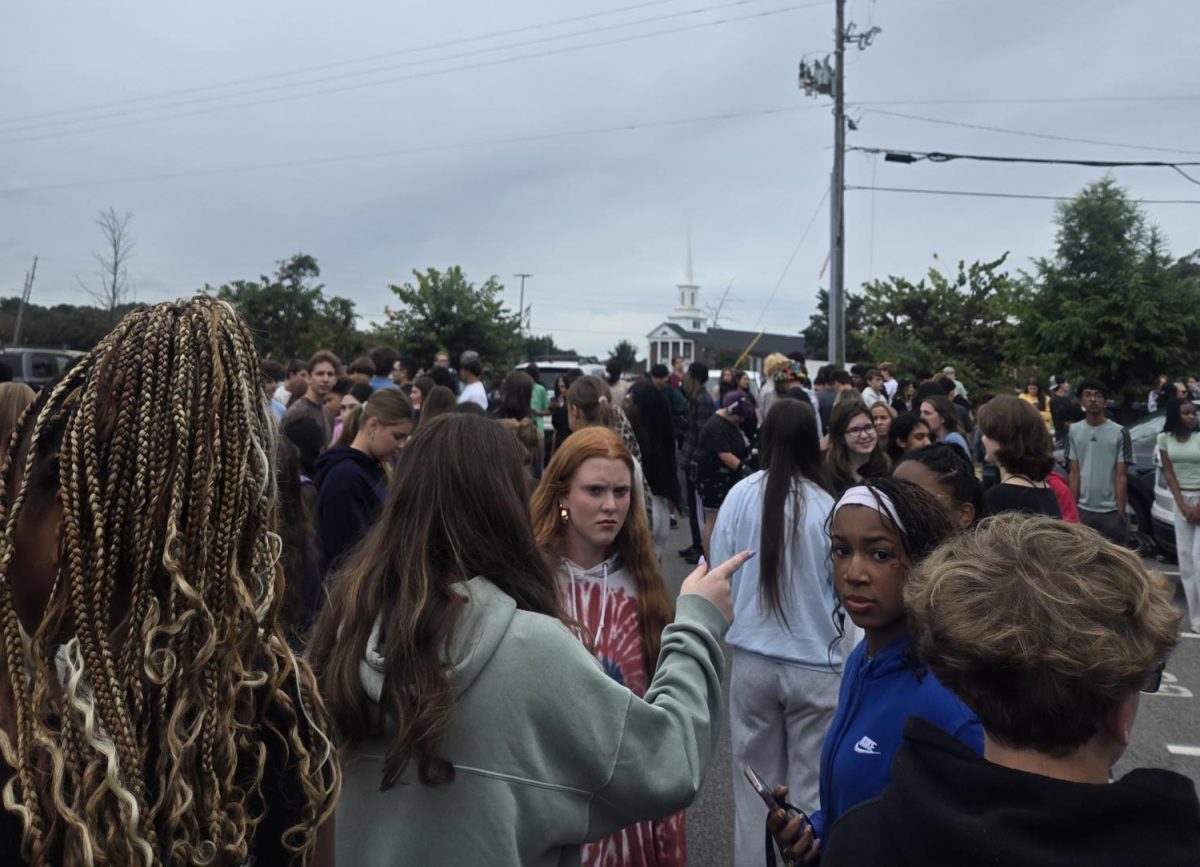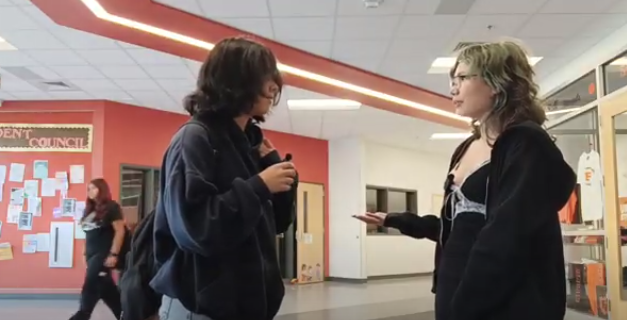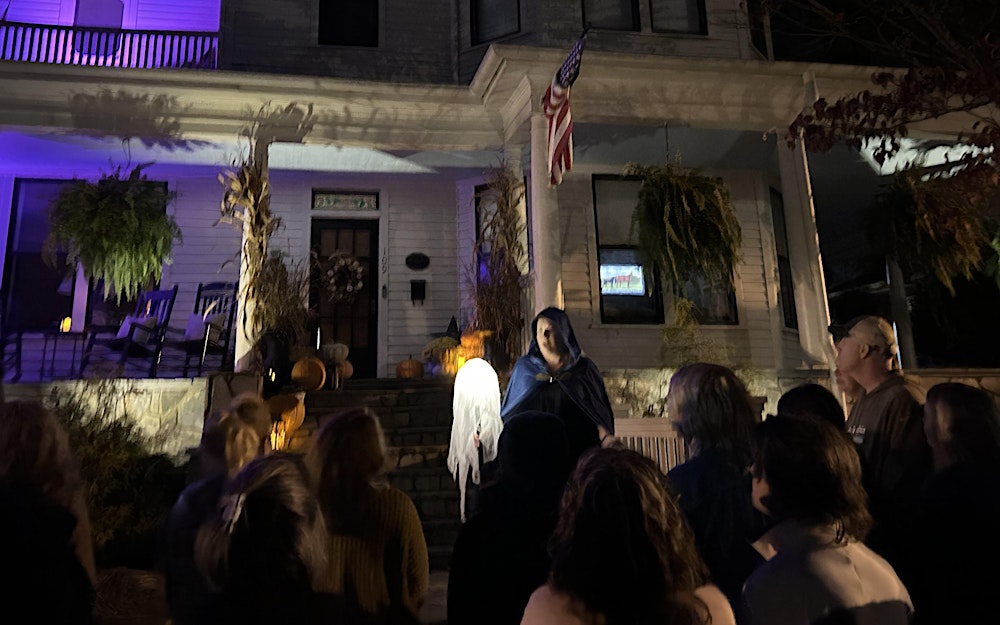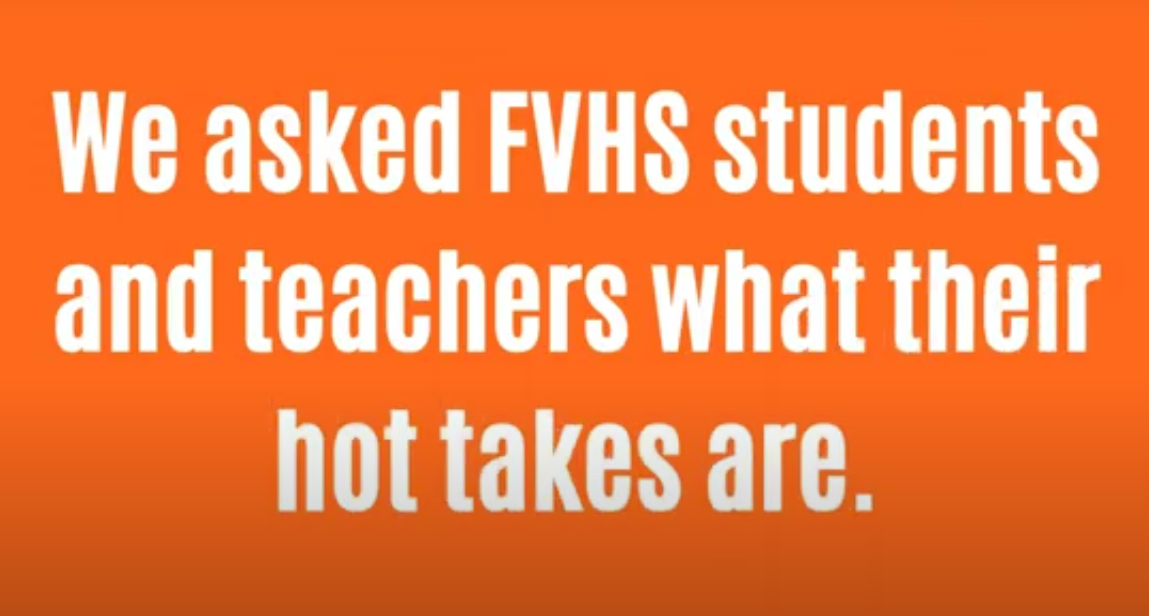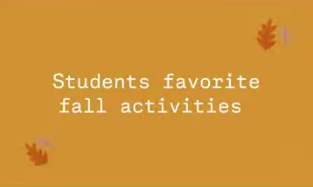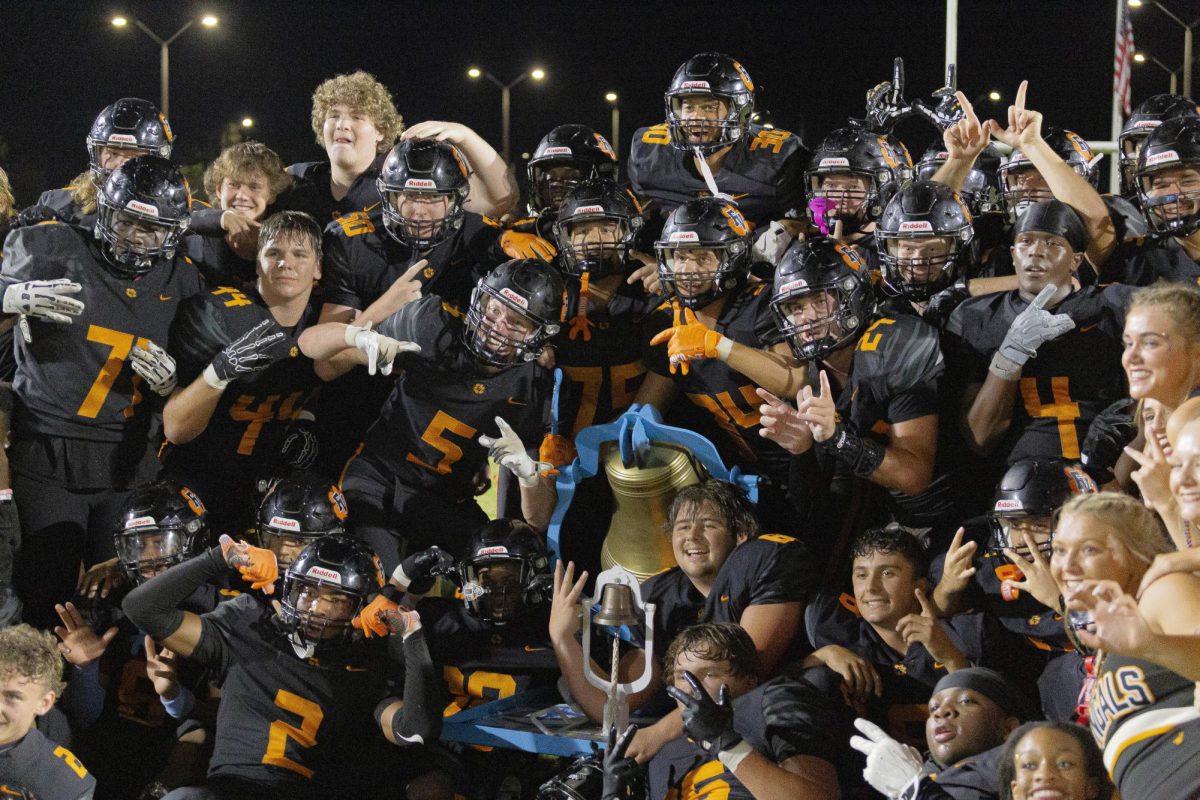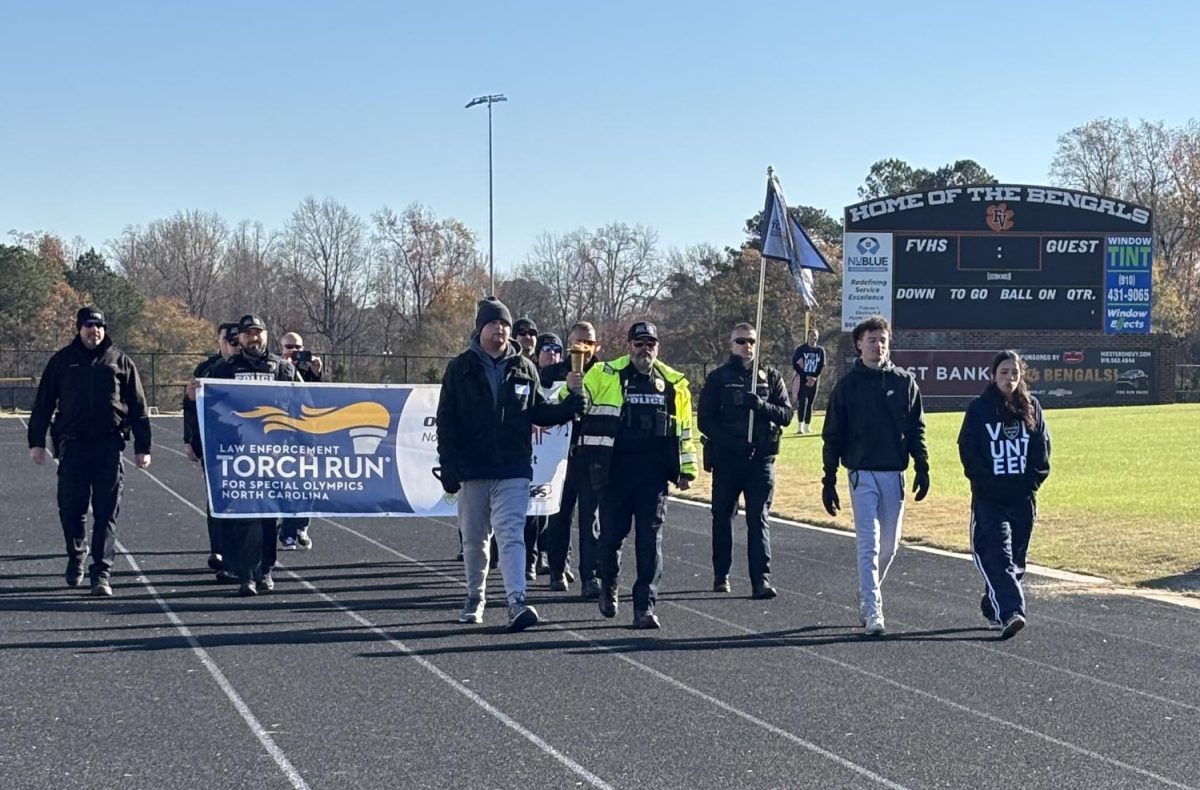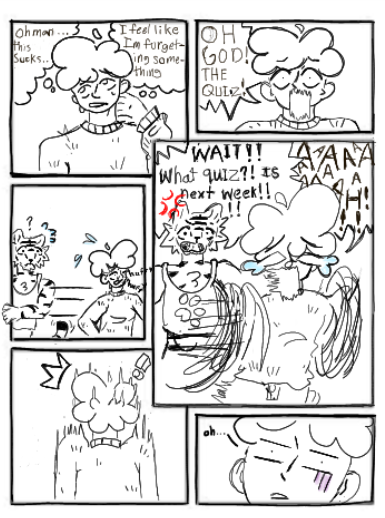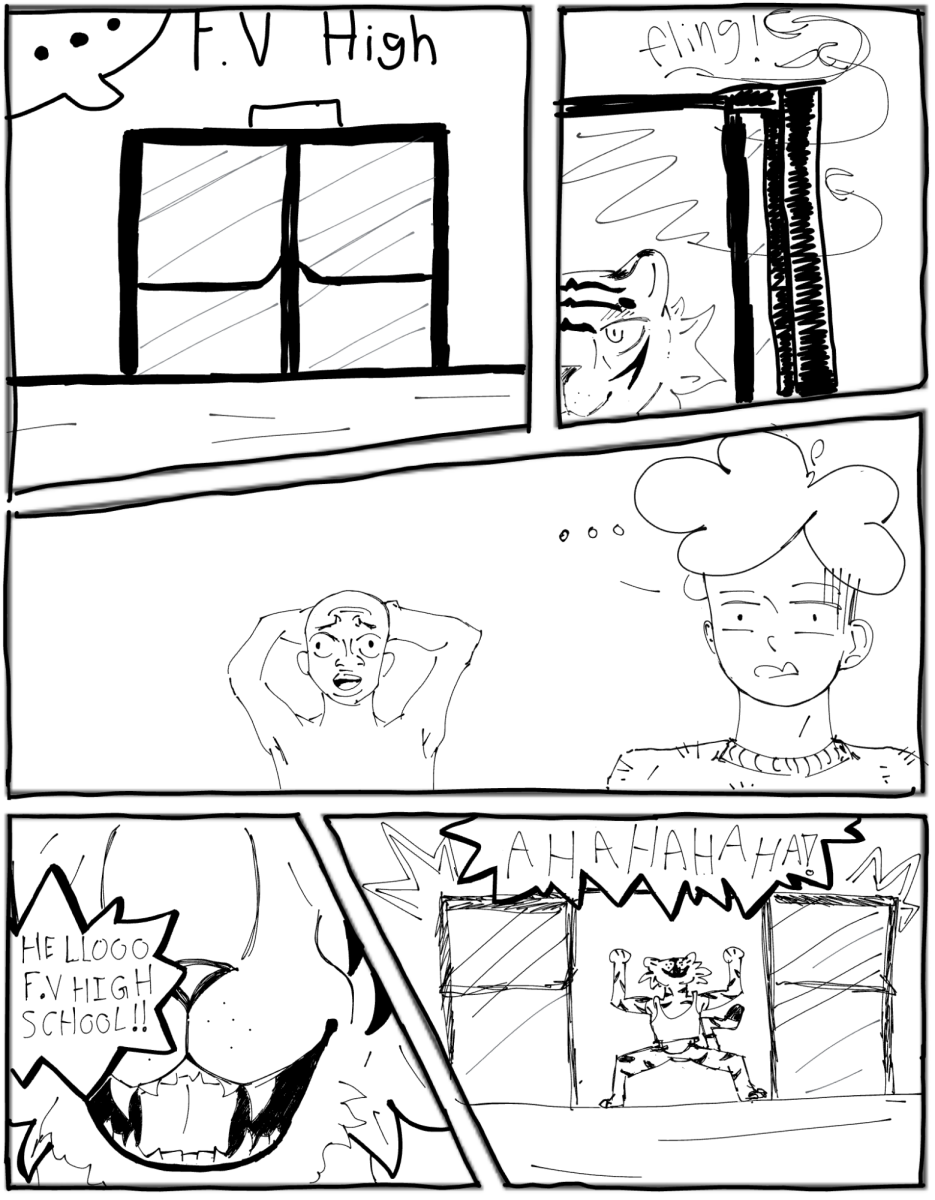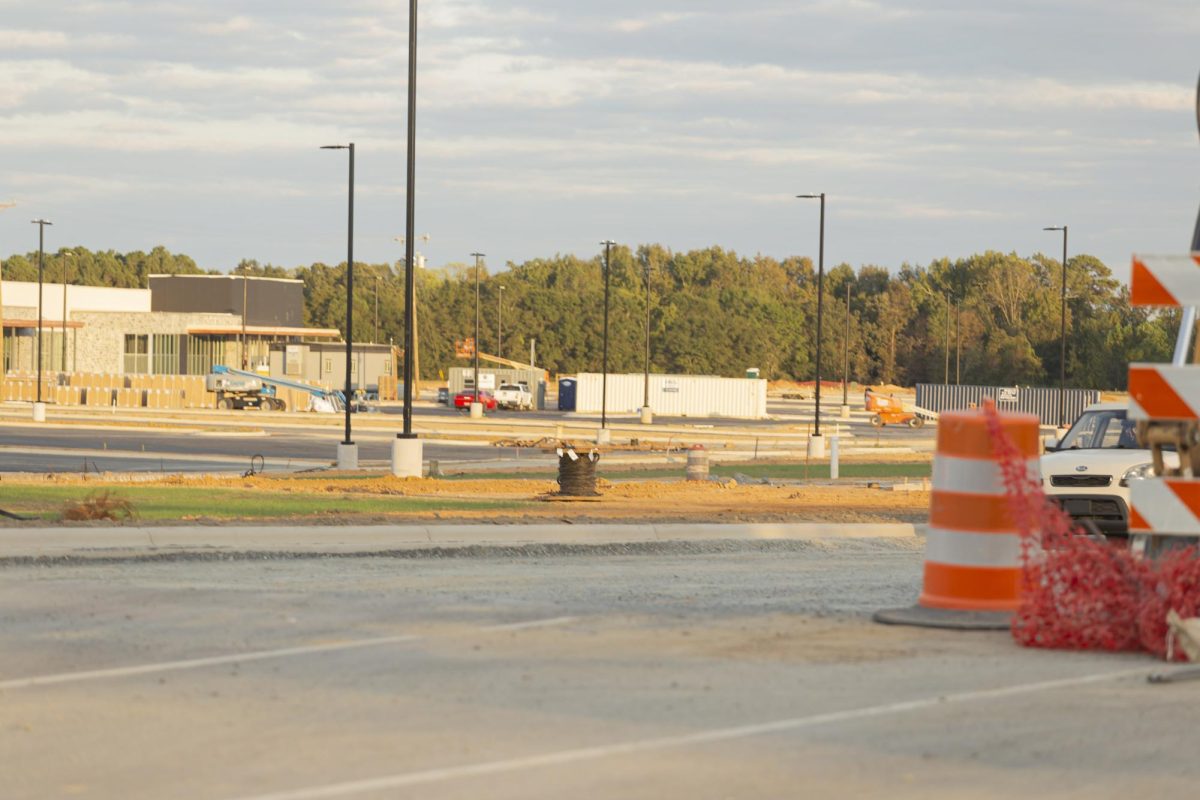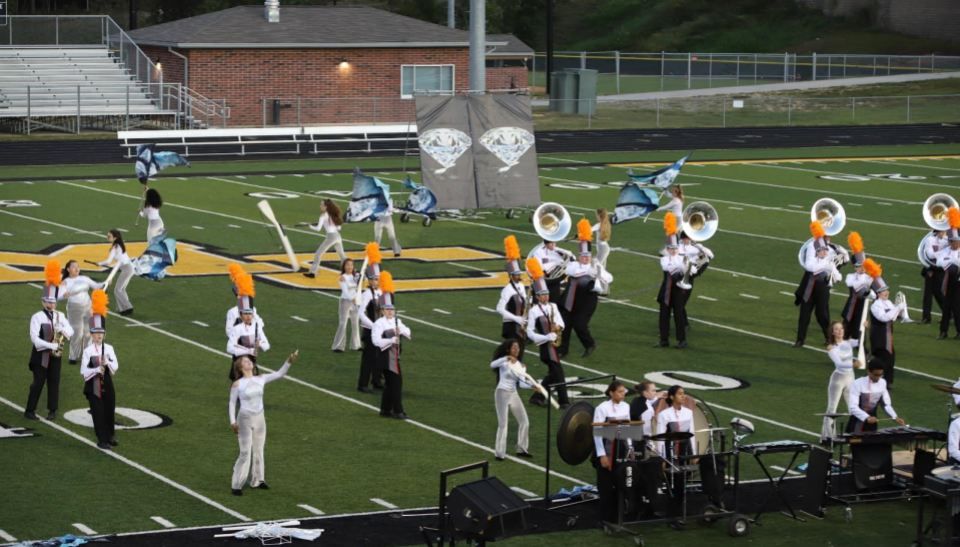Fire alarms are an integral part of our school’s infrastructure; they warn us of fires and other dangers, allowing students and staff to evacuate the building before anyone gets hurt and any real damage is done. Recently, these alarms have not been sounded by fires, but by another danger entirely: reckless student behavior.
FVHS’s fire alarms were sounded four consecutive days last week, and it’s clearly becoming a problem. But to what do we owe these unnecessary outside excursions? The most common causes of false fire alarms in schools are students intentionally pulling the alarm, using an excess amount of aerosol sprays in enclosed spaces or using vapor cigarettes, alongside other smoke-producing paraphernalia.
These false alarms have had a negative impact on students and teachers alike. Because these alarms require mobilization of the entire school, they interrupt class time for upwards of fifteen minutes. While this may not seem like a lot of time, when it is compounded over multiple days, students miss out on almost a full period’s worth of valuable instructional and independent work time.
“I’m upset that [the alarms] keep happening in the same period over and over again,” said Glenn Dion, a teacher at FVHS. “It hurts that period so much more than the other classes.”
Not only do these alarms disrupt class time, they also cost the school hundreds of dollars in fines. Each time the Fuquay-Varina Fire Department has to come investigate, our school is fined to compensate for wasted emergency services. According to FVHS staff, the current penalty is $150, and the fee will have to be paid in full by either the student or their legal guardian(s).
There are numerous other consequences for the student found guilty of setting off the alarm. Setting off a school fire alarm is a misdemeanor in and of itself, and can be escalated into a felony if the incident is considered particularly reckless. With the amount of security cameras at FVHS, students that set off these alarms will almost certainly be caught, and disciplinary action will be taken. They are eligible to receive a large fine and suspension from school, and if this is a repeat incident, possibly even expulsion.
It’s Wake County policy that “no student shall set off, attempt to set off, or aid and abet anyone in giving a false fire alarm,” and if a student should ever do so, they would have committed a level II rule violation that will be recorded in their educational file. While this may seem inconsequential to some, it’s important to remember that it could negatively impact perusal of higher education, as many colleges and universities review disciplinary records as part of the admissions process.
False fire alarms may seem trivial to some, but their consequences are anything but. They disrupt learning, waste valuable resources and can carry serious academic repercussions. At FVHS, we should rely on fire alarms to protect us, not to serve as outlets for reckless behavior.

